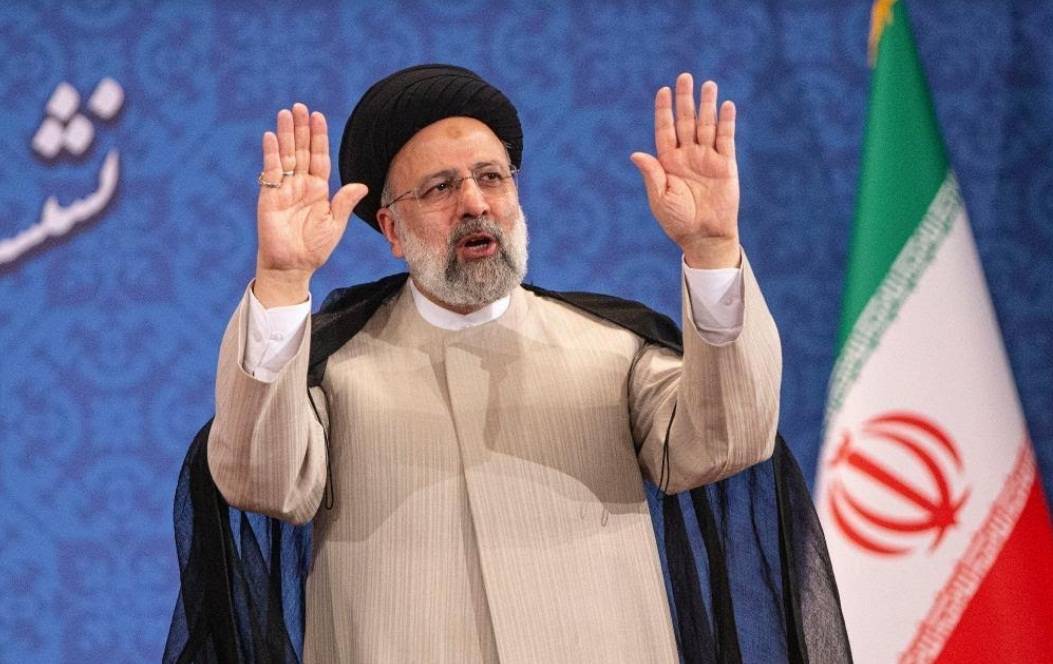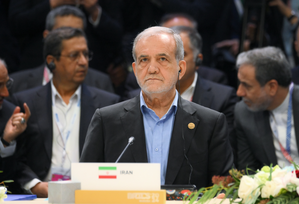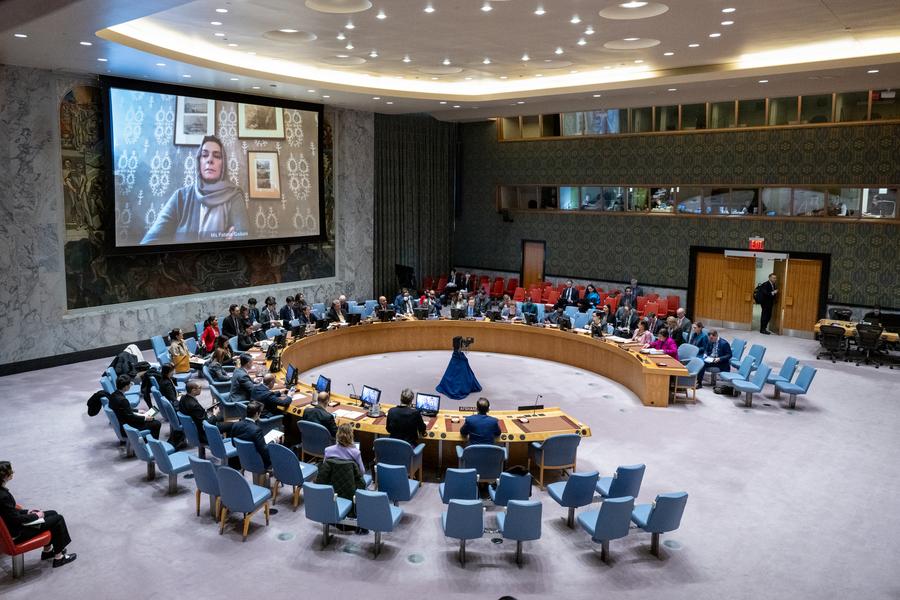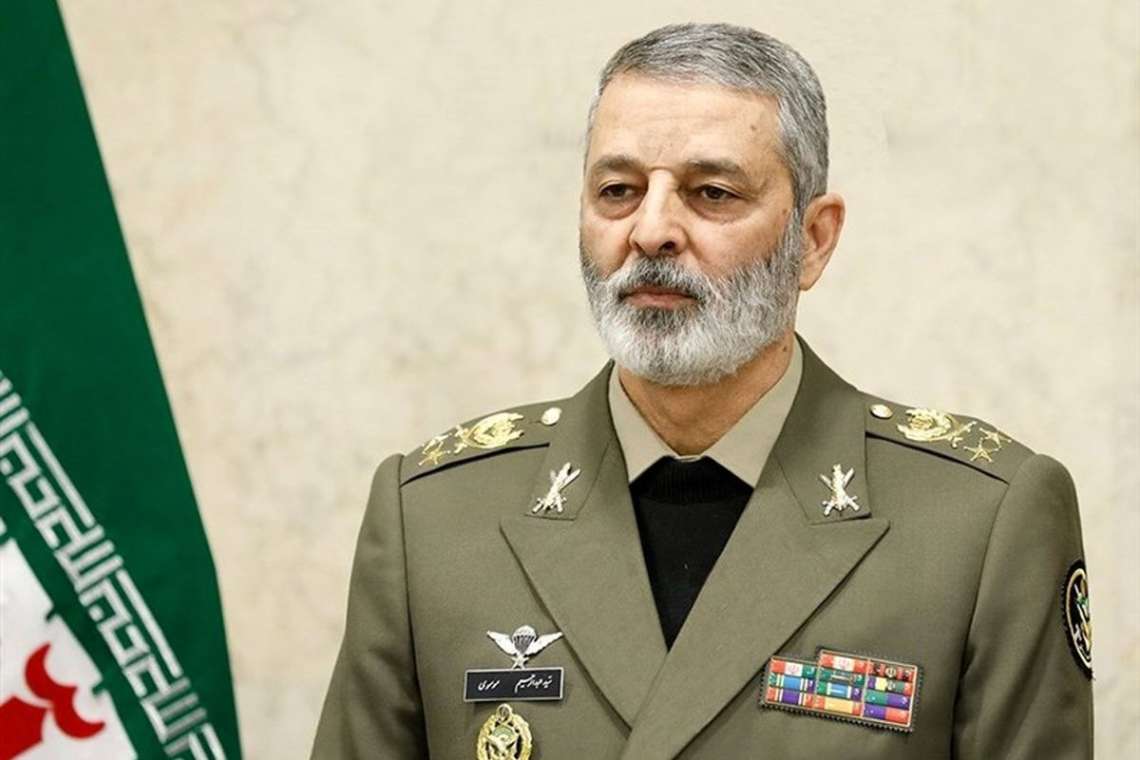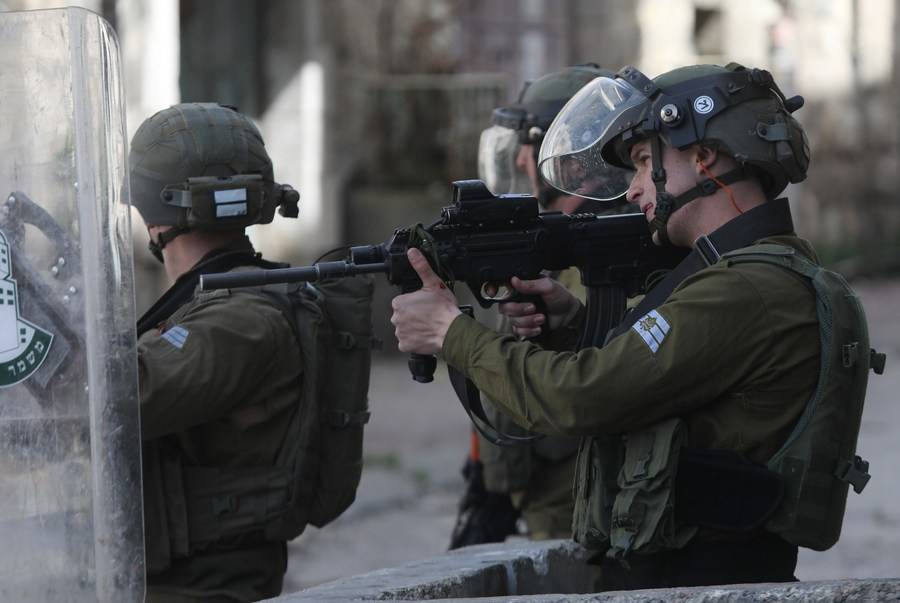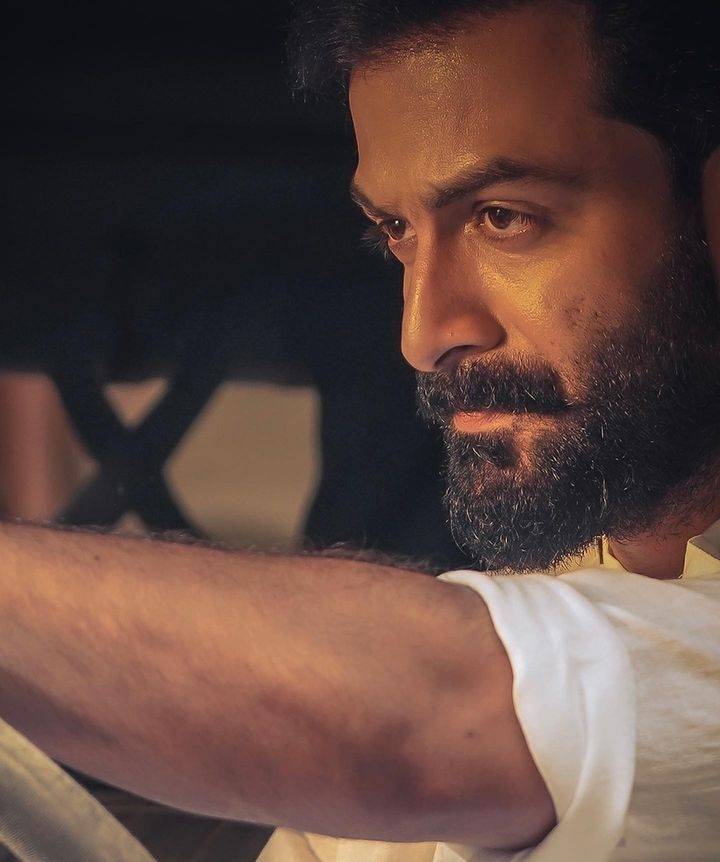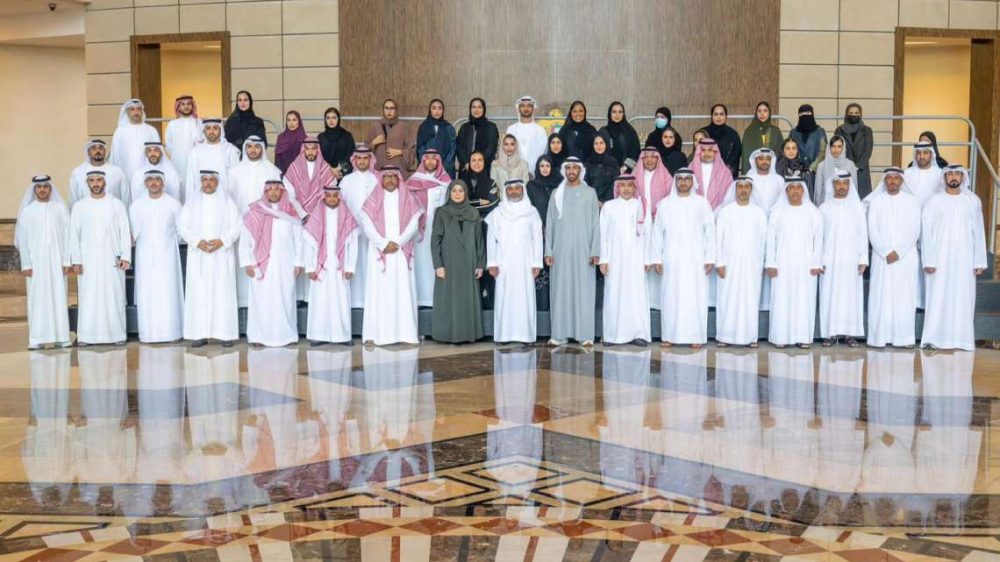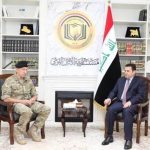The European Union envoy said they will keep working with “even greater urgency to bring back on track a key deal for non-proliferation and regional stability,” reports Asian Lite Newsdek
Indirect talks between Tehran and Washington aimed at reviving a 2015 nuclear deal have ended in Qatar’s capital without progress.
The talks in Doha followed several rounds of talks held in the Austrian capital since April 2021 between Iran and the remaining parties to revive the landmark deal formally known as the Joint Comprehensive Plan of Action.
The European Union envoy said the talks have ended in Qatar without the progress “the EU team as coordinator had hoped-for”.
“Unfortunately, not yet the progress the EU team as coordinator had hoped-for. We will keep working with even greater urgency to bring back on track a key deal for non-proliferation and regional stability,” EU’s envoy Enrique Mora tweeted on Wednesday.
Meanwhile, by Wednesday night, a US State Department spokesperson told AFP that Washington was disappointed that Iran has, yet again, failed to respond positively to the EU’s initiative and therefore that no progress was made.”
Iran signed the nuclear deal in July 2015 and agreed to put some curbs on its nuclear program in return for the removal of US-led sanctions. But former US President Donald Trump pulled the United States out of the agreement in May 2018 and reimposed sanctions on Iran.
The talks on restoring the deal began in April 2021 between Iran and major signatory parties in the Austrian capital of Vienna, with the indirect participation of the United States.
However, the talks have been suspended since March due to differences between Tehran and Washington, notably over Iran’s demand that its Islamic Revolution Guards Corps be removed from a US terror list.
The resumption of the talks was announced on Saturday at a joint televised press conference held in Tehran by Iranian Foreign Minister Hossein Amir-Abdollahian and visiting EU Foreign Policy Chief Josep Borrell.
Analysts pointed out that the United States hopes to reach a nuclear deal with Iran to speed up its withdrawal from the Middle East. Despite voicing pessimism over nuclear talks recently, US President Joe Biden’s administration still believes the diplomatic efforts remain the best way to resolve the Iranian nuclear issue, Xinhua news agency reported.
ALSO READ:US presence in Islamic world leads to insecurity, poverty Iran
Also, “prolonged limbo has proven unsustainable,” especially as Tehran responded to the U.S.-led resolution of the International Atomic Energy Agency’s Board of Governors by increasing nuclear activity and decreasing nuclear visibility, said Ali Vaez, an expert on Iran at the International Crisis Group think tank.
Meanwhile, Iran is counting on the lifting of sanctions to boost its battered economy. Observers believe that Iran’s economic growth largely depends on its engagement with the global economy, which is significantly subject to the end of U.S. sanctions as a result of a possible deal in the talks.
“As the U.S. moves closer to November 2022, Tehran likely assesses that it is better to try to strike a deal with the Biden White House before the upcoming congressional elections as the Democrats are likely to lose seats and be less interested in the fate of the Iranian nuclear program afterward,” Alex Vatanka, director of the Iran program at the Washington-based Middle East Institute think tank, wrote in an analysis.
“The high price of oil and lack of spare capacity means that now is an opportune moment for Tehran to push to have the sanctions on its oil lifted and capitalize on the country’s significant oil export revenue potential, which could run in the hundreds of billions of dollars a year,” Vatanka added.


